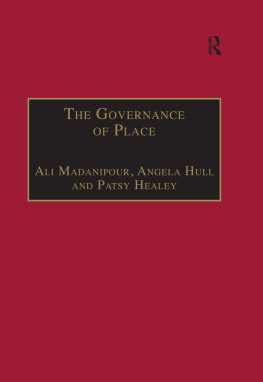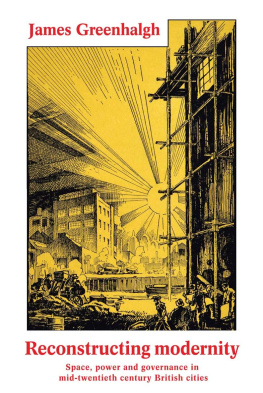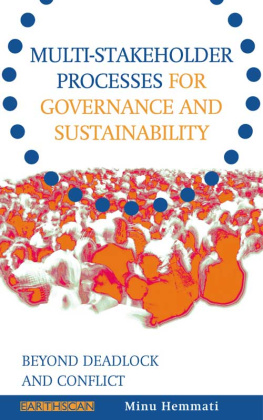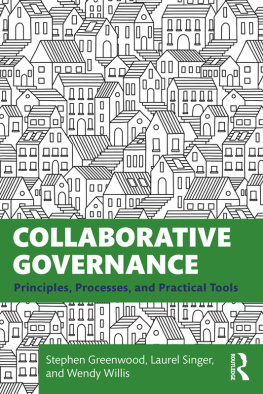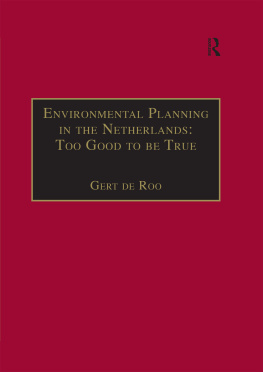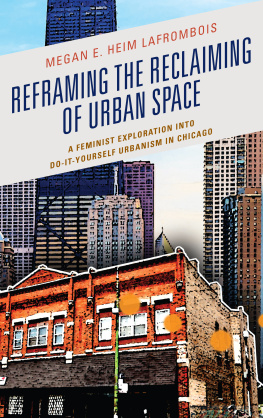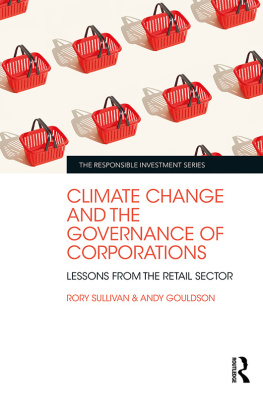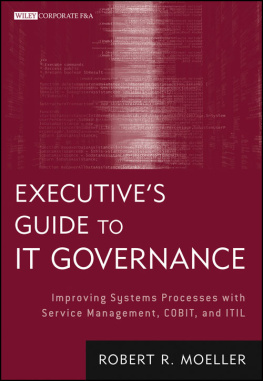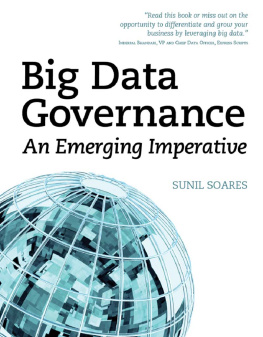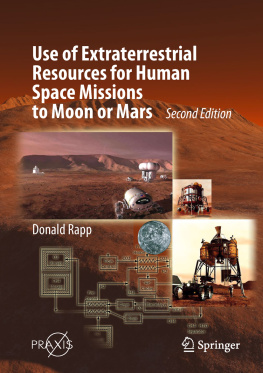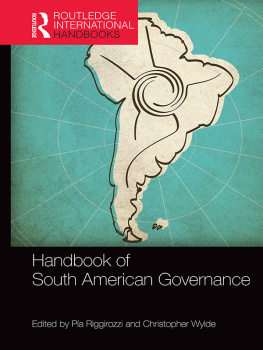First published 2001 by Ashgate Publishing
Published 2016 by Routledge
2 Park Square, Milton Park, Abingdon, Oxon OX14 4RN
711 Third Avenue, New York, NY 10017, USA
Routledge is an imprint of the Taylor & Francis Group, an informa business
Copyright Ali Madanipour, Angela Hull and Patsy Healey 2001
All rights reserved. No part of this book may be reprinted or reproduced or utilised in any form or by any electronic, mechanical, or other means, now known or hereafter invented, including photocopying and recording, or in any information storage or retrieval system, without permission in writing from the publishers.
Notice:
Product or corporate names may be trademarks or registered trademarks, and are used only for identification and explanation without intent to infringe.
British Library Cataloguing in Publication Data
The governance of place : space and planning processes
1. City planning 2. Public spaces
I. Madanipour, Ali II. Hull, Angela III. Healey, Patsy, 1940
307.1'2
Library of Congress Catalog Card Number: 00-132797
ISBN 13: 978-0-7546-1086-1 (hbk)
ISBN 13: 978-1-138-25668-2 (pbk)
David Booher , Institute of Urban and Regional Development, University of California, Berkeley.
Mike Coombes , Centre for Urban and Regional Development Studies (CURDS), Department of Geography and Northeast Regional Research Laboratory, University of Newcastle.
Bill Erickson , School of Urban Development and Planning, University of Westminster, London.
Stephen Graham , Centre for Urban Technology (CUT), School of Architecture, Planning and Landscape, University of Newcastle.
Maarten Hajer , Department of Political Science, University of Amsterdam,
Patsy Healey , Centre for Research in European Urban Environments (CREUE), School of Architecture, Planning and Landscape, University of Newcastle.
Jean Hillier , Department of Urban and Regional Planning, Curtin University, Perth, Western Australia.
Angela Hull , Centre for Research in European Urban Environments (CREUE), School of Architecture, Planning and Landscape, University of Newcastle.
Judith Innes , Institute of Urban and Regional Development, University of California, Berkeley.
Ted Kitchen , School of Urban and Regional Studies, Sheffield Hallam Univerity.
Tony Lloyd-Jones , School of Urban Development and Planning, University of Westminster, London.
Ali Madanipour , Centre for Research in European Urban Environments (CREUE), School of Architecture, Planning and Landscape, University of Newcastle.
Simon Marvin , Research Centre for Sustainable Urban and Regional Futures, University of Salford.
Alain Motte, Institute of Regional Management, University of Aix-Marseille.
Stephen Nice , Burns and Nice Consulting Engineers, London.
Marion Roberts , School of Urban Development and Planning, University of Westminster, London.
Nigel Thrift , Department of Geography, University of Bristol.
Geoff Vigar, Centre for Research in European Urban Environments (CREUE), School of Architecture, Planning and Landscape, University of Newcastle.
Colin Wymer, School of Architecture, Planning and Landscape and Northeast Regional Research Laboratory, University of Newcastle.
Chapter One
Introduction
Ali Madanipour, Patsy Healey and Angela Hull
The Argument
There seems to be common agreement among observers about some of the major changes that have occurred in western societies. Global economic and technological change has caused social and political upheavals at local and national levels, forcing people, organisations and governments to find new responses to these major challenges. As telecommunications and transport technologies enable resources and people to move around the world at ever faster speeds, the institutions designed for smaller scales and slower modes of operation find it increasingly hard to cope. As the growth and decline of economies can depend on the decisions of a global network of investors, national governments and local authorities seem to lose some of their control over their territories. The competition among urban regions in the global marketplace to attract resources and the rising significance of regions in political terms, especially in the European Union, pose a new challenge to national and local authorities. Another challenge to these traditional sources of authority comes from an ever more sophisticated populace, who are concerned for the sustainability of the environment, are sceptical of the rule of experts and demand better services, more participation in their own affairs and are less responsive to the traditional forms of legitimacy and social control. A further challenge comes from those who find themselves increasingly marginalised in the economic and social transition out of the industrial era, as they witness a proportionate deterioration of their living conditions and are unable or unwilling to participate in political decision making processes and in shared cultural experiences. These challenges clearly show that the relationship between the state and society is moving into new, somewhat unknown directions, where voting behaviour is changing and the traditional channels of representative democracy are bypassed. Spatial planning systems, as one of the significant components of the state-society relations, are facing their share of these challenges and have been under pressure for some time to provide a response.
The redefinition of state-society relation has often meant a pressure for the reduction of the role of state in the economy, which had reached its peak in the post-war welfare state with its corporatist arrangements. This pressure for reduction was either out of necessity, where costs were seen to be no longer affordable, or out of choice, to facilitate innovation and renewal. Cuts in public spending and privatisation of public organisations and services are among the familiar measures of the last three decades taken to change the extent of state intervention. The private sector agencies were invited to fill the gap that is left by the withdrawal of the state from some of its traditional spheres of activity. The private sector contribution may be first and foremost in economic matters, but engagement in decision-making can also be politically significant. What was once a powerful government with a high degree of control over the political economy of a specific territory was to be replaced with a fragmented collection of agencies, engaged in territorial governance. The challenge for spatial planning has been to adjust to this change from government to governance, where political and economic power lies with not one powerful government but a multiplicity of agencies and interests.


